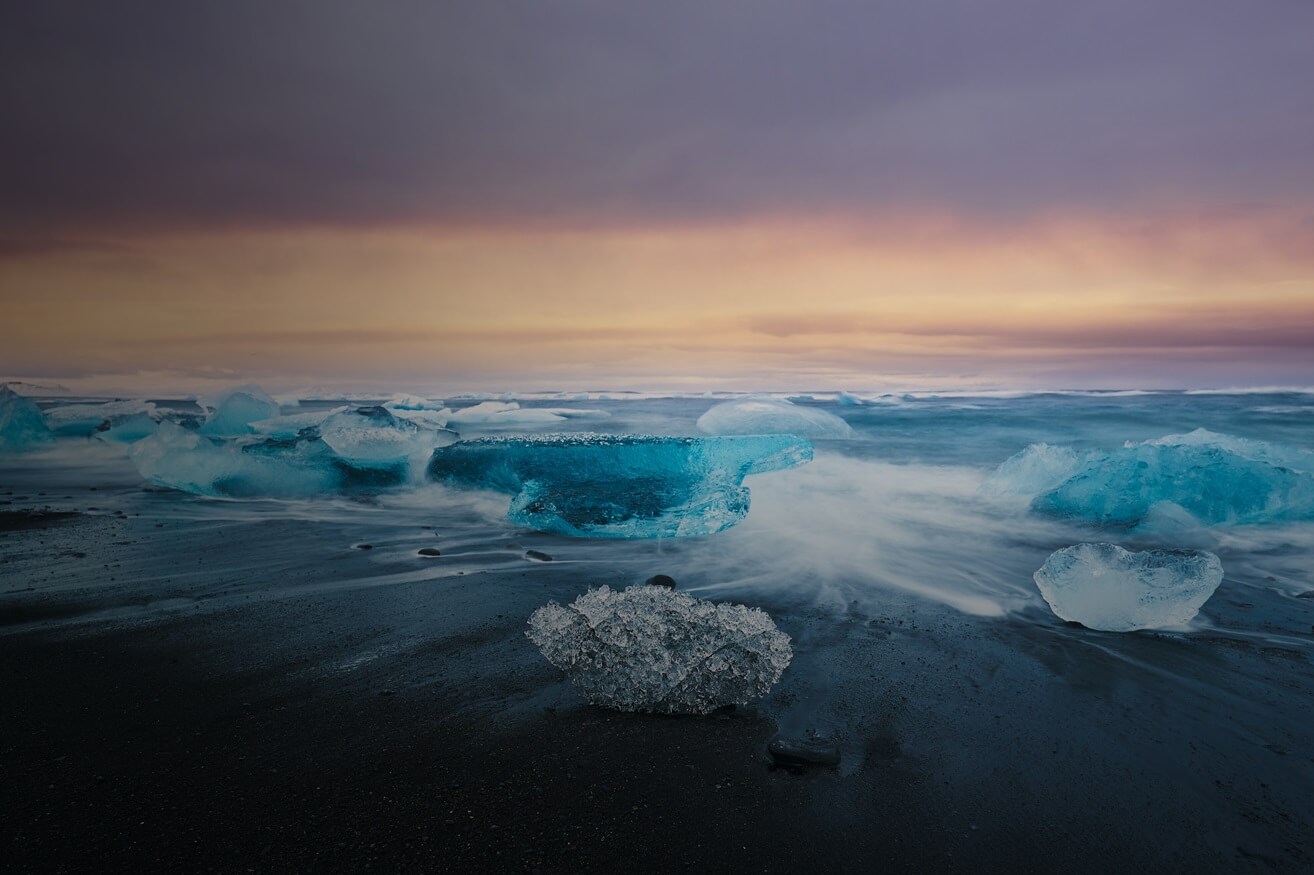
Middle Career
Recognizing Role Models and Mentors to the Next Generation of Biogeoscientists
The Sulzman Award for Scientific Excellence through Education and Mentoring is presented annually to an early-to mid-career scientist in recognition of significant contributions as a role model and mentor for the next generation of biogeoscientists, especially those under-represented in Earth sciences. Successful candidates will demonstrate creative research skills, as well as excellence in science, education, and mentoring.
This award honors Elizabeth Sulzman, an isotope biogeochemist and soil scientist whose enthusiasm for teaching inspired many undergraduates at Oregon State University. The Sulzman Award is presented at the Biogeosciences section luncheon during the AGU Fall Meeting.
- A $1,000 prize
- An award certificate
- Recognition at AGU's annual meeting the year the honor is awarded
- Ticket to the Biogeosciences Section luncheon at AGU's annual meeting the year the honor is awarded
About the Biogeosciences Section
AGU’s Biogeosciences section encompasses interactions between biological, geological, hydrologic and atmospheric systems that govern diverse functions of the Earth system (and other planetary systems). These functions include cycles of carbon, nutrients, and other elements, feedbacks within the climate system, the origins and impacts of early life, and interactions across physical, biological, and human interfaces.
The Biogeosciences section, due to the inherently interdisciplinary nature of the subjects it represents, also serves as a nexus for other AGU sections including Hydrology, Atmospheric Sciences, Earth and Planetary Surface Processes, Global Environmental Change, Ocean Sciences, and GeoHealth. Thus a key goal of the section is to encourage and foster co-sponsored sessions that will encourage interdisciplinary communication and collaboration.
Eligibility
- an active AGU member
- a scientist who has pursued a career related to biogeosciences
- an early to mid-career scientist within 20 years of receiving their Ph.D. or highest equivalent terminal degree

